Description
Increasingly school districts are acknowledging the critical role of 21st Century Skills in preparing students for college and a career in today’s high tech, global, connected society. The 21st Century Skills include such skills as critical thinking, creativity, collaboration, self-direction, information literacy, global and cultural awareness.
As school districts begin to address these skills within the curriculum, they immediately recognize the need to assess their students’ progress. A very common way to to gauge performance progress of students on a myriad of skills, processes, and habits of mind is the use of rubrics. To that end, Metiri Group provides, in this publication, sets of continua for each of the skills. It
is important to note that these continua are in fact, continua – not rubrics. They depict levels of development, but are not specifically targeted to any one task, assignment, content area or grade level.
The continua includes definitions and scaled descriptions for adaptability/managing complexity, creativity, critical thinking, curiosity, economic literacy, effective use of real-world tools, global awareness, higher-order thinking and sound reasoning, information literacy, interactive communication, interpersonal skills, interactive communication, interpersonal skills, multicultural literacy, personal responsibility, prioritizing/planing/managing results, relevant high quality products, risk-taking, scientific literacy, self-direction, social and civic responsibility, teaming and collaboration, technological literacy, and visual literacy.
Educators who use these continua will find them to be an excellent starting point for the development of rubrics customized for their students, curricula, classrooms, and units of study. Metiri Group spent several years conducting the background research necessary to develop these continua. Our intent was to provide teachers with explicit criteria by which to gauge students’ progress. Each continuum defines the skill; identifies specific behavioral, cognitive, and affective qualities of each 21st century skill; describes levels of progress toward each of these qualities; and positions each skill in the context of today’s digital society.
Early in our development of the continua, it became clear that many of the skills identified were not new constructs; existing research was able to substantially inform the qualities that make up those skills. What these sources typically did not address (with some exceptions) was the shape these skills can take, either in 21st century environments or in the context of the technology tools available today. Thus, the strategy for developing the continua was two-fold: we drew on existing work as much as possible to inform the content of the continua, and we supplemented this content with our own expertise on teaching and learning in digital-age classrooms. Specific sources used to generate each of the student profiles and continua are listed in this document by skill.

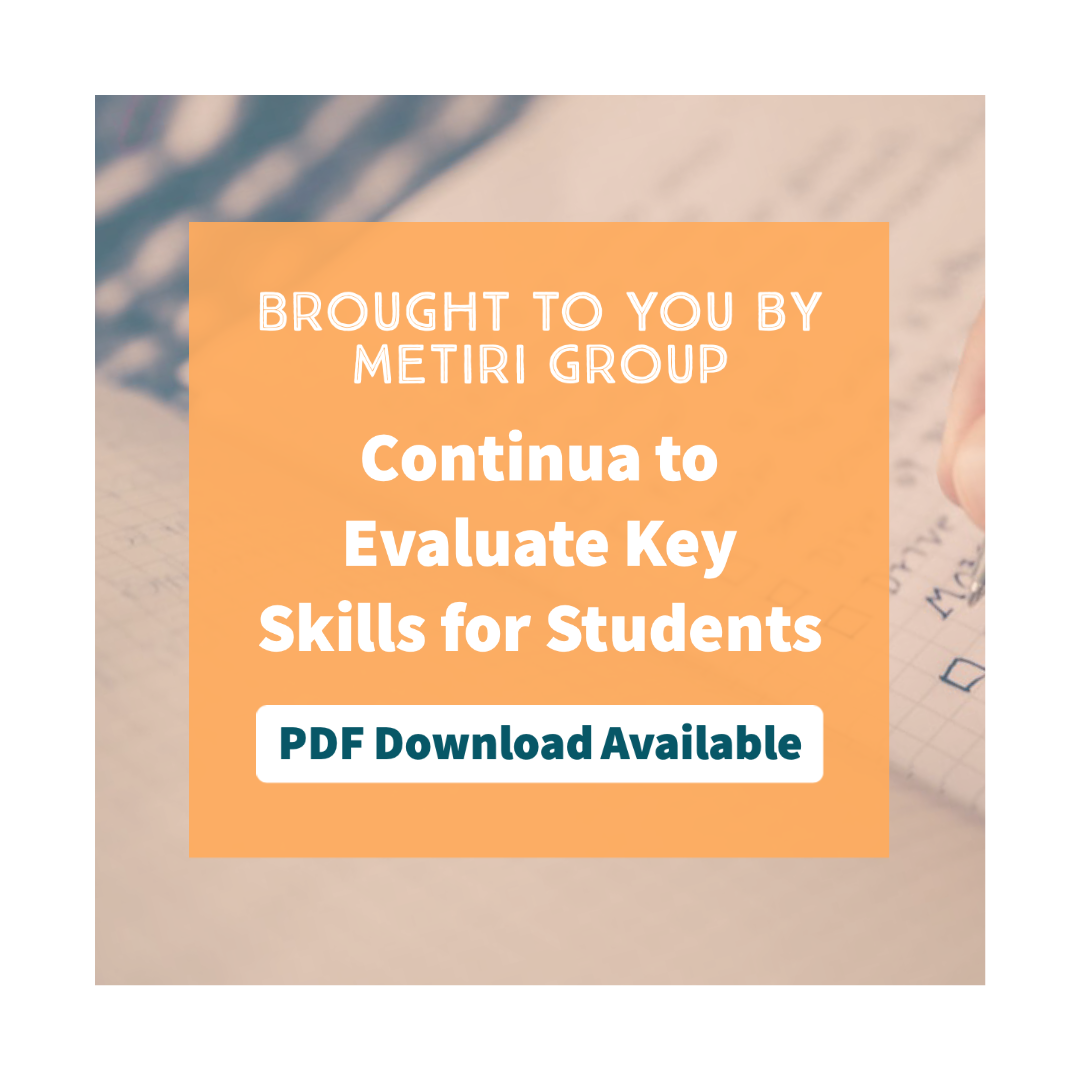
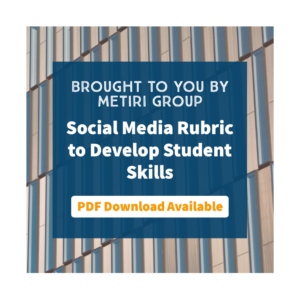
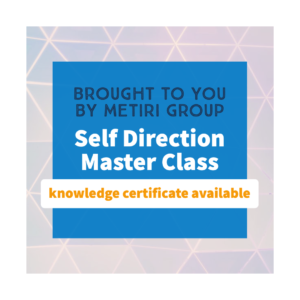
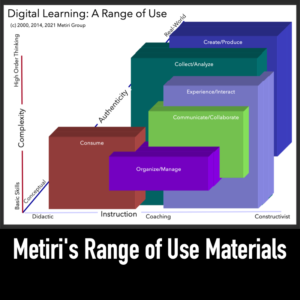
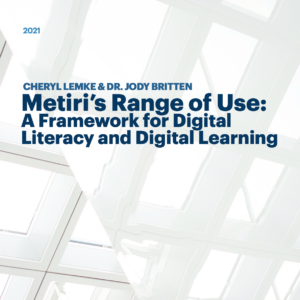
Reviews
There are no reviews yet.